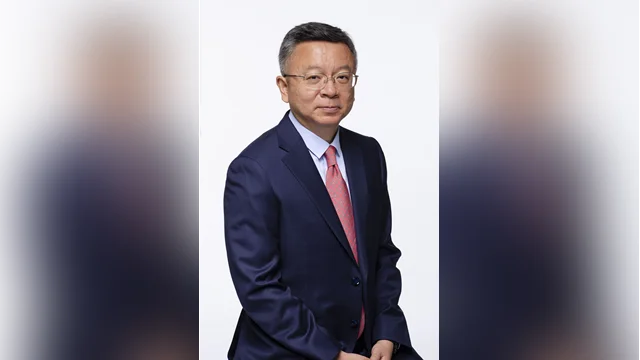The International Monetary Fund (IMF) Executive Board has concluded the 2025 Article IV consultation and completed the eighth review under the Extended Credit Facility (ECF) arrangement with Guinea-Bissau. This three-year arrangement, approved on January 30, 2023, aims to ensure debt sustainability, improve governance, and reduce corruption while creating fiscal space for inclusive growth. On November 29, 2023, an augmentation of access was granted at 140 percent of quota or SDR 39.76 million.
With the completion of the eighth review, Guinea-Bissau will receive a disbursement of SDR 4.73 million (approximately US$6.5 million), raising total disbursements under the arrangement to SDR 35.04 million (about US$48.1 million). The authorities have agreed to publish the Staff Report prepared for this consultation.
Performance under the program was mixed as seven out of nine Quantitative Performance Criteria and three out of four Structural Benchmarks were met by end-December 2024. However, one continuous Structural Benchmark on expenditure committee (COTADO) was missed. Despite these challenges, corrective actions taken by authorities led to waivers for non-observance of quantitative performance criteria and modifications in performance criteria and indicative targets were approved.
Economic growth in Guinea-Bissau is projected at 5.1 percent in 2025 due to strong exports and investments, with inflation expected to average around two percent. The current account deficit is anticipated to narrow to 5.8 percent of GDP in that year.
Mr. Okamura, Deputy Managing Director and Acting Chair of the IMF Executive Board stated: "The economy of Guinea-Bissau has been resilient...the authorities are focused on policies designed to diversify the economy."
Guinea-Bissau aims for a fiscal deficit target of 3.4 percent of GDP in 2025 amid significant downside risks due to socio-political challenges in an election year.
The IMF Executive Directors highlighted efforts made towards fiscal consolidation and revenue mobilization through tax policy reforms as critical measures for economic stability.
In addition, they welcomed progress in addressing financial sector vulnerabilities including regional Banking Commission approval for a purchase offer for an undercapitalized bank.
Directors emphasized sustained structural reforms for macroeconomic stabilization and urged steps towards strengthening governance and anti-corruption standards while diversifying economic sectors like fishing and mining.
The next Article IV consultation with Guinea-Bissau is scheduled on a biennial cycle according to Executive Board decisions on consultation cycles with Fund arrangements.

